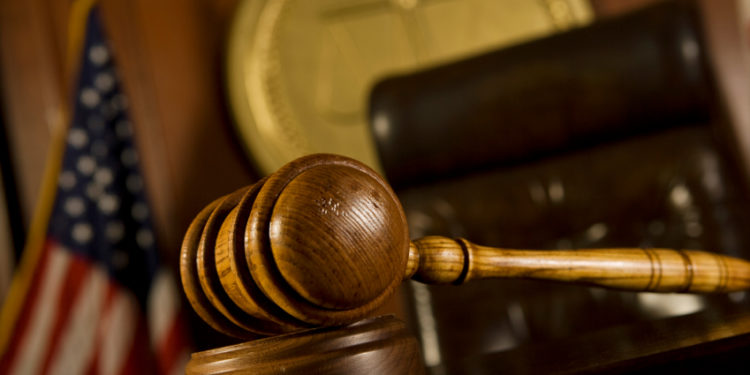Dissenting judges decry “denial of due process” for FBI whistleblowers.
October 26, 2017. Washington, D.C. The U.S. Court of Appeals for the Federal Circuit, sitting en banc, ruled against veterans who are employed at the Federal Bureau of Investigation and are fired for blowing the whistle. The case is known as Parkinson v. Department of Justice. In a major setback for veterans and whistleblowers at the FBI, the majority opinion held that FBI employees like John Parkinson, who have rights to challenge a termination from the FBI before the Merit Systems Protection Board cannot raise whistleblowing as an affirmative defense before the MSPB as other employees are permitted to do.
Instead, the Federal Circuit ruled that an FBI employee with appeal rights to the MSPB must file a separate whistleblower complaint with the Department of Justice via procedures that do not permit appeals to the MSPB or judicial review.
On a positive note, the Federal Circuit’s en banc panel also reinstated the panel’s decision to overturn the removal. Notably, the panel had previously ruled that on remand to the Board “the penalty of removal … cannot be sustained.” The only remaining charge against Mr. Parkinson that the court has sustained would have merited only a suspension, not a removal. It appears that the only issue on remand before the MSPB will be to what extent the FBI can suspend Mr. Parkinson (between 10-30 days, if at all) after considering all of the evidence in mitigation of the proposed penalty. However, it should not be legally disputed that Mr. Parkinson is entitled to be reinstated despite losing his right to raise the affirmative defense of whistleblowing on remand.
Two Federal Circuit judges, S. Jay Plager and Richard Linn, filed dissenting opinions in the case.
As a result of the majority opinion, all veterans at the FBI who file an appeal with the MSPB to challenge a removal action or other adverse personnel action must split their defense in two administrative proceedings. Whistleblowers will have to file one appeal before the MSPB and another before the DOJ, which will be decided separately. That will result in prejudice, delay, duplication, inefficiency and additional costs for FBI whistleblowers.
Judge Linn, one of the dissenting judges, noted that the majority ruling was based on the flawed reasoning that Mr. Parkinson is a “FBI employee first and a veteran second.” That reasoning ignores the rights that Congress afforded veterans and it deprives veterans from raising all affirmative defenses, including whistleblowing, in a MSPB case like other veterans can do.
In the other dissent Judge Plager noted that denying veterans the right to raise all affirmative defenses to a removal action before the MSPB is a “denial of due process” and a failure in “our duty” to provide veterans and whistleblowers a “full and fair hearing.”
“Given the sensitivity of the cases investigated by the FBI, such as the current Russia investigation and the Clinton e-mail scandal, the need to protect agents who report wrongdoing has never been stronger,” said Stephen M. Kohn, Executive Director of the National Whistleblower Center.
“This is a setback not only for every FBI employee, but the American public that needs an FBI to adhere to the highest ethical standards,” Kohn added.
The National Whistleblower Center and FBI whistleblowers Fred Whitehurst, Jane Turner, Mike German and Robert Kobus (Amici) filed an amicus curiae brief in support of Mr. Parkinson, a former FBI special agent and Iraq war veteran.
Mr. Parkinson blew the whistle on his FBI colleagues’ alleged sexual misconduct in 2008 and was fired for his disclosures. In March 2016, the Court ruled that Mr. Parkinson had been illegally fired. The DOJ, the defendant in this case, appealed that decision and the Court granted an en banc review before a panel of three judges.
The Amici contended that denying Mr. Parkinson his whistleblower rights as a veteran would deprive all veterans of important substantive rights under the law. However, the Federal Circuit agreed with the DOJ’s opinion.
Attorneys David Colapinto and Stephen Kohn of the Washington, D.C. law firm Kohn, Kohn and Colapinto, LLP (KKC) represent the Amici Curiae in this matter as part of the firm’s pro bono docket. Mr. Kohn serves as the executive director of the National Whistleblower Center and Mr. Colapinto serves as its general counsel.
Links:


